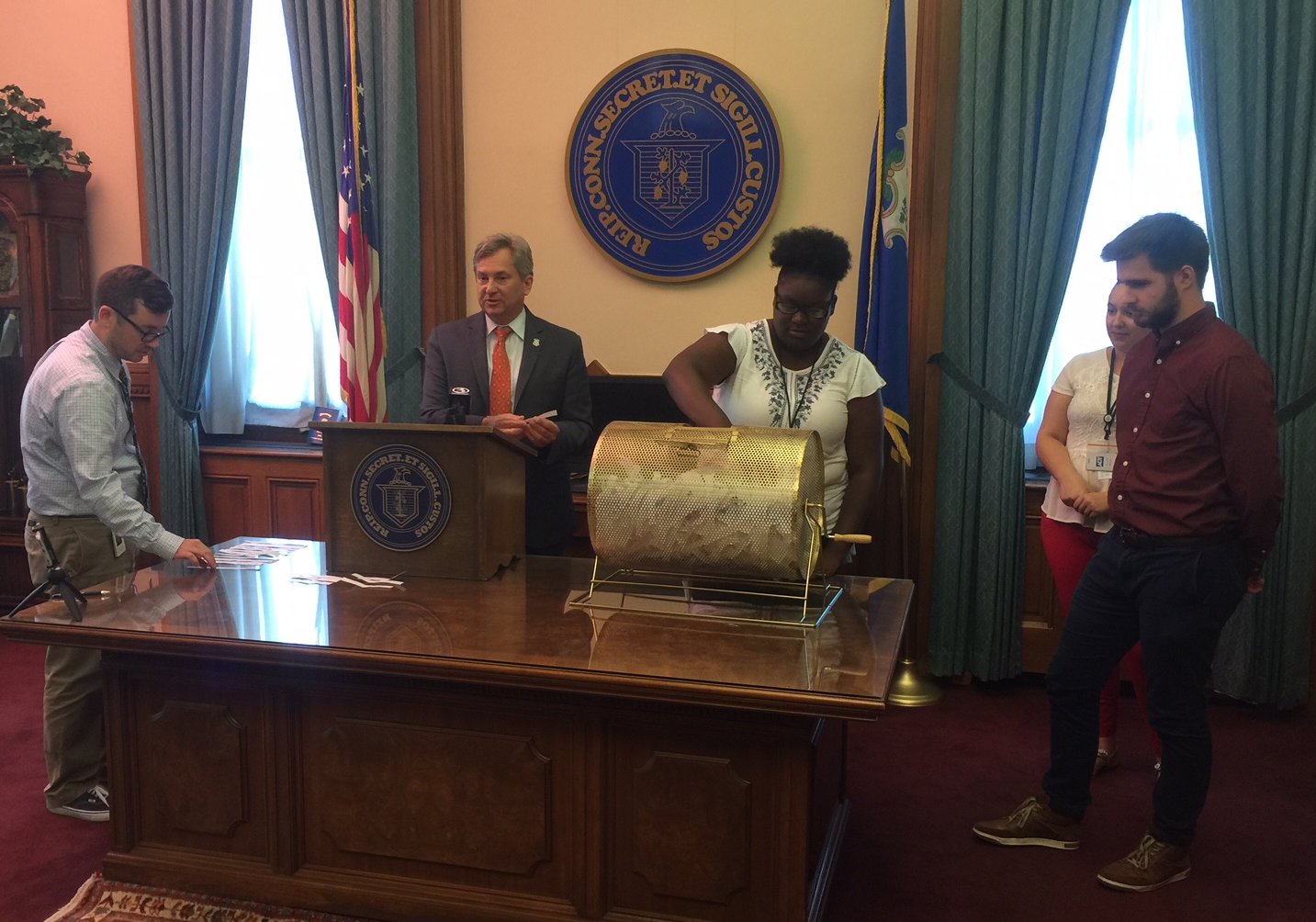New article from Newsweek: Here’s How Russia May Have Already Hacked the 2018 Midterm Elections <read>
They are talking about PA, but the same could apply to Connecticut:
Even though Bucks County’s Shouptronics aren’t wired, hackers have several ways of compromising them. The most direct and effective way would be to replace a computer chip in the machine that holds instructions on what to do when voters press the buttons with one that holds instructions written by hackers. When this chip is working properly, it ensures that a voter who presses the button next to Mary Smith’s name actually registers a vote for Mary Smith. A hacked chip could be programmed to add that vote to the rival’s tally instead. Or, to avoid detection, it might switch only one in five votes for Mary Smith to her rival.
Or it could simply fail to register a vote for either candidate. This technique is called “undervoting,” because it implies that the voter chose to not vote for either candidate, which voters sometimes do. To further avoid pre- and post-election tests, the hacked chip could be programmed to behave perfectly correctly for an hour or so on election morning, when pre-election testing is typically done, and also to stop misbehaving just before voting ends, so post-election testing won’t turn anything up.
Swapping a chip would require physical access to the machines, either sometime before November 6 or on Election Day itself.
But the Government has assured us that no actual voting machine hacks were discovered after the 2016 election?
It’s possible the Russians perfected their attacks on electronic voting machines in the 2016 election without tipping their hand. No such attacks have been documented—but then again, nobody’s looked. “As far as I know, exactly zero machines were forensically tested after the elections,” says cybersecurity expert Alex Halderman, a computer science and engineering professor at the University of Michigan. In other words, we have no way of knowing if voting machines in Bucks County and other vulnerable counties with tight races for House seats are already primed to report phony results ordered up by Russian intelligence officers.
At least in CT we have paper ballots, if we protect and exploit them sufficiently. That is a big if.

 On Thursday Deputy Secretary of the State Scott Bates selected 36 districts for the post-primary audit.<
On Thursday Deputy Secretary of the State Scott Bates selected 36 districts for the post-primary audit.< As we have been saying for years, Online/Internet voting risks include email and fax voting.
As we have been saying for years, Online/Internet voting risks include email and fax voting.